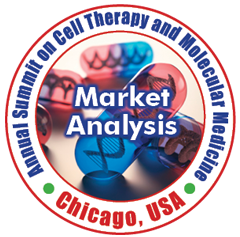Zianyi Wang
Taiyuan Lingde Secondary School, China
Title: High TSTA3 expression as a candidate biomarker of poor prognosis of ESCC patients
Biography
Biography: Zianyi Wang
Abstract
Esophageal squamous cell carcinoma (ESCC) is the sixth most lethal cancer worldwide and the fourth most lethal cancer in China. Tissue specific transplantation antigen P35B (TSTA3) participates in the biosynthesis of GDP-L-fucose which is an important substrate involved in the biosynthesis of many glycoproteins. However, the contribution of TSTA3 to ESCC prognosis is unclear. We used immunohistochemical method to assess the expression of TSTA3 in 104 ESCC samples and paired normal esophageal epithelial tissues from ESCC specimens. The results showed that the expression of TSTA3 was statistically higher in tumors than that in normal tissues (P=0.00014) and paired adjacent normal tissues (P=0.0002). The expression of TSTA3 was associated with some clinical features of patients, such as age (P=0.017), alcohol history (P=0.007), clinical stage (P=0.010) and LN metastasis (P=0.043). Kaplan–Meier analysis and Log-rank test showed that ESCC patients with high expression levels of TSTA3 had a worse prognosis compared to the patients with low expression (P=0.048). Multivariate Cox proportional hazards regression model showed that high expression of TSTA3 could predict poor prognosis for ESCC patients independently. In conclusion, abnormal fucosylation might participate in the progress of ESCC and TSTA3 may serve as a novel biomarker for prognosis of ESCC patients.

